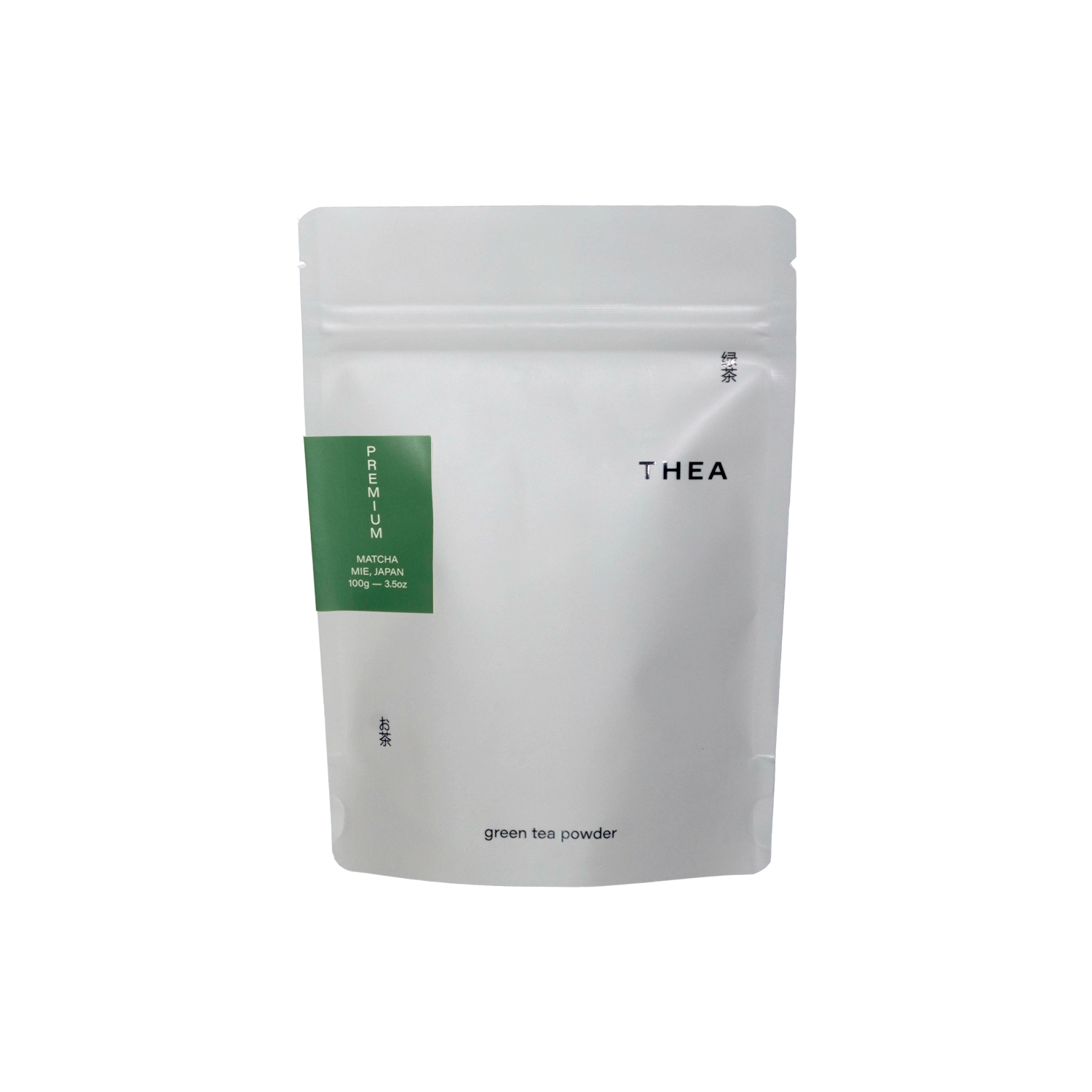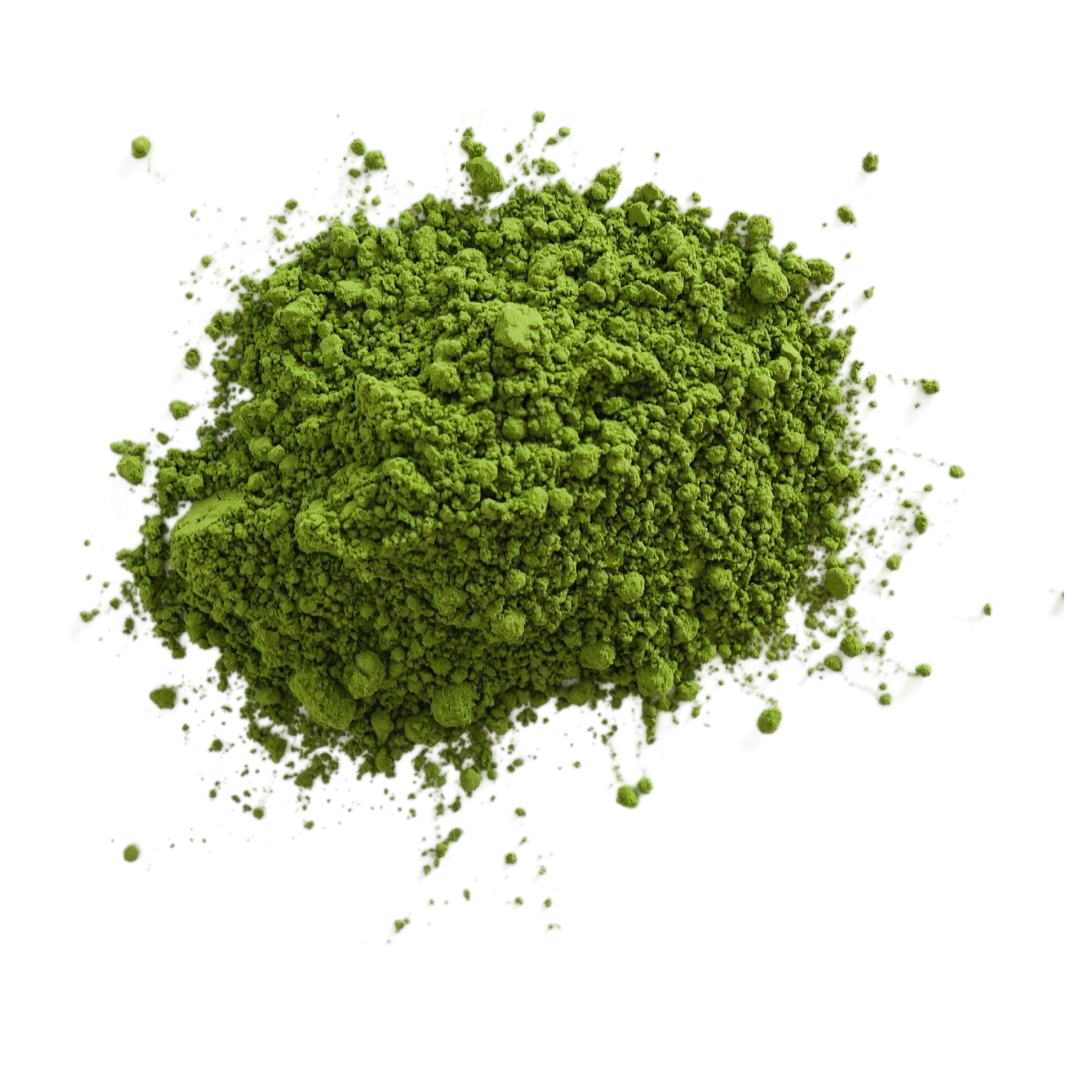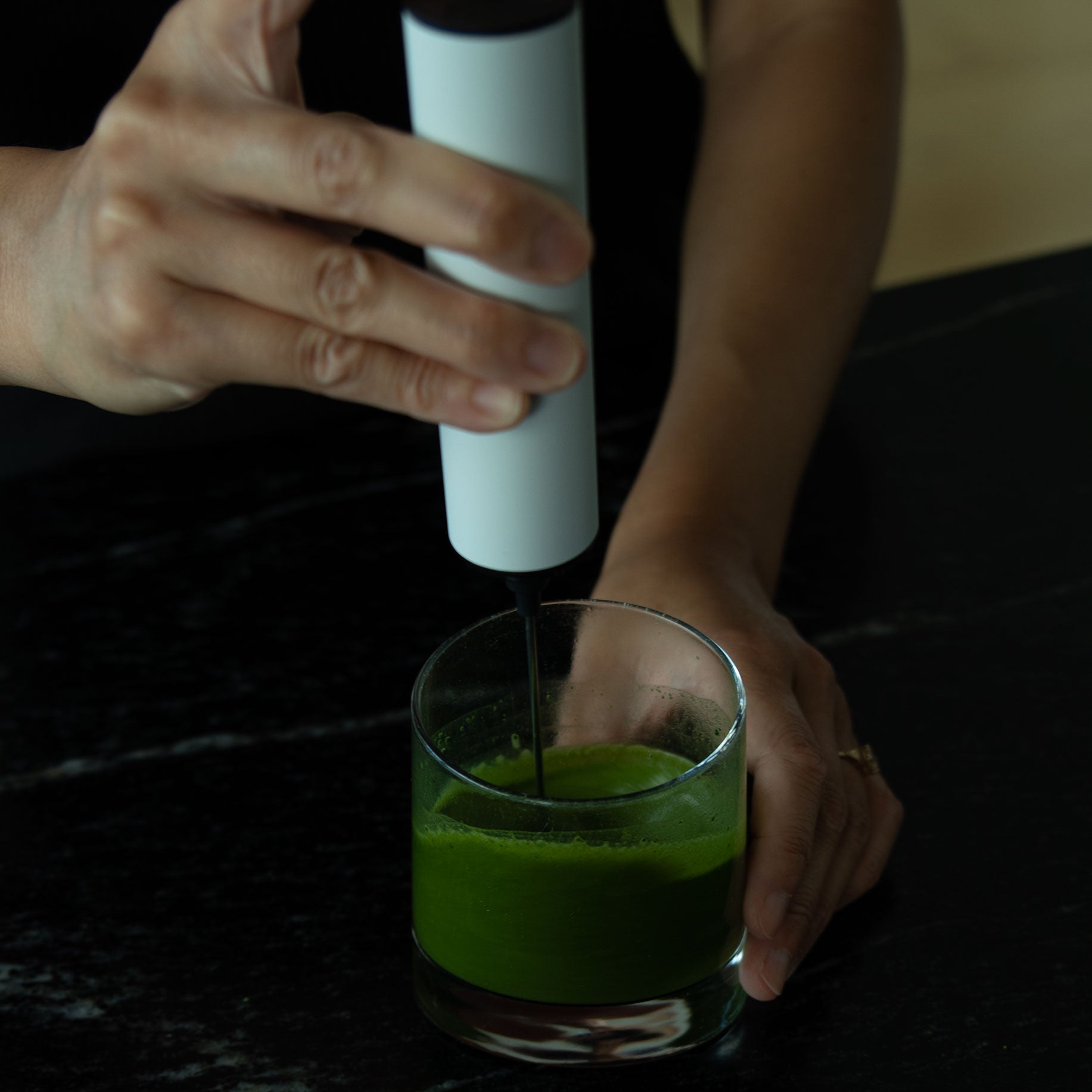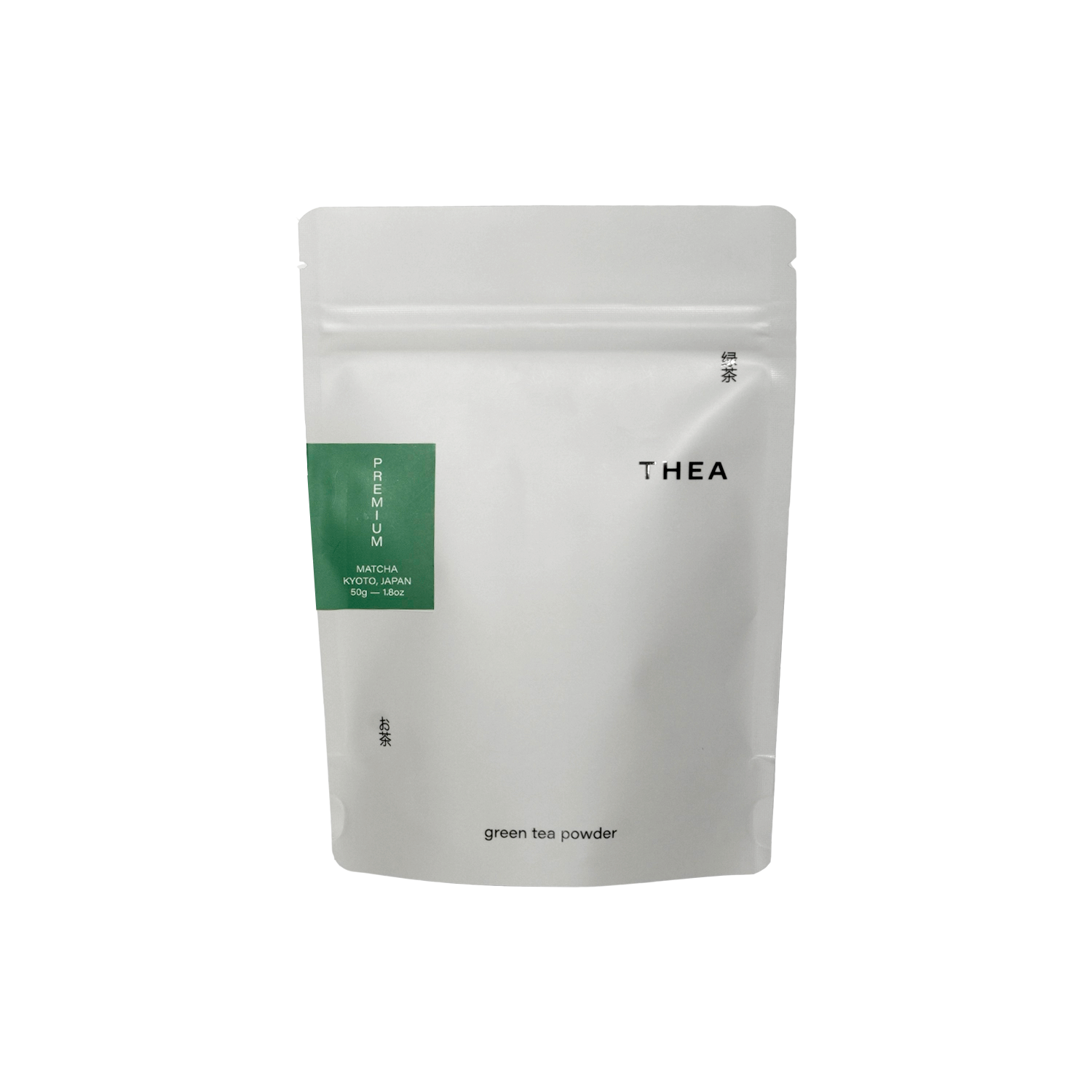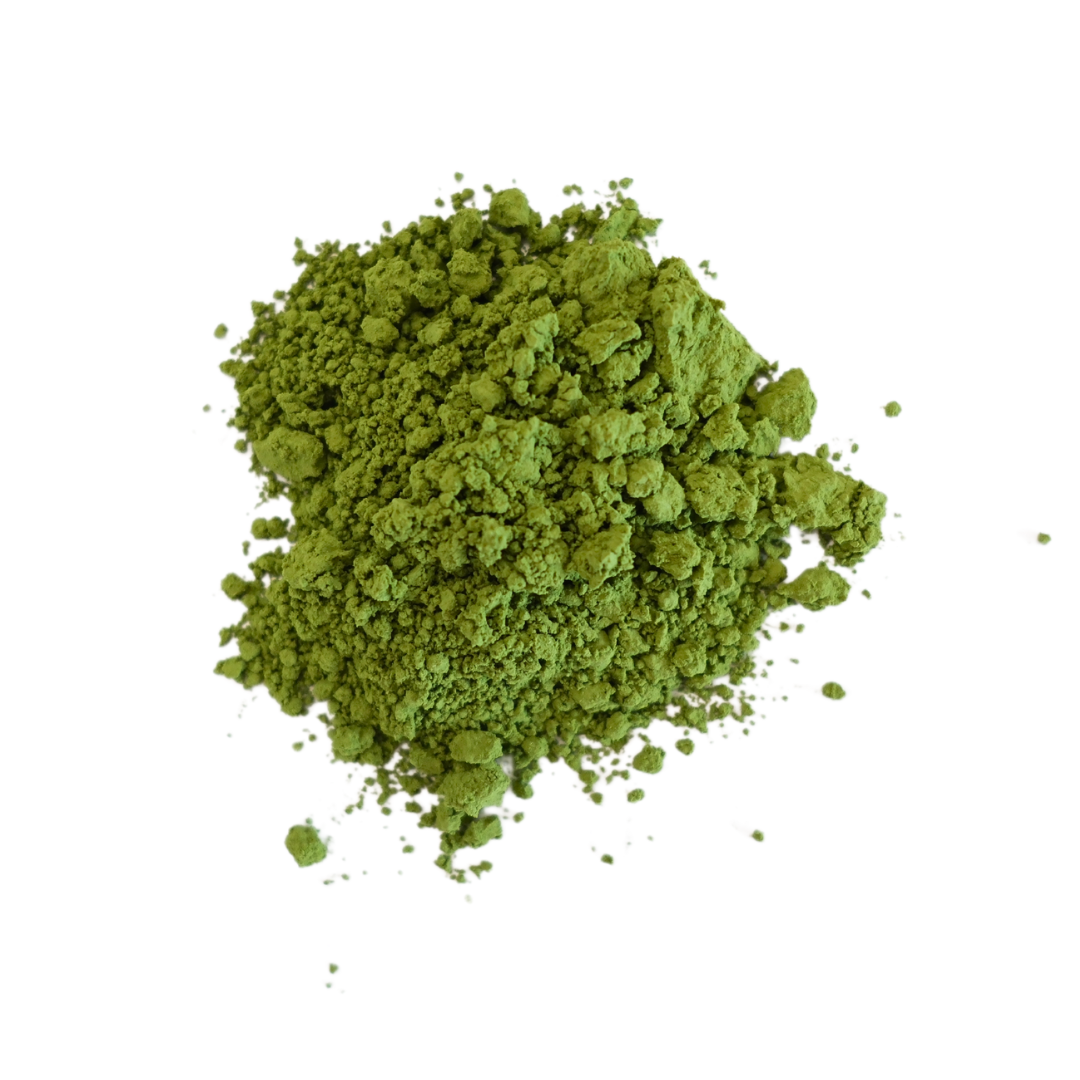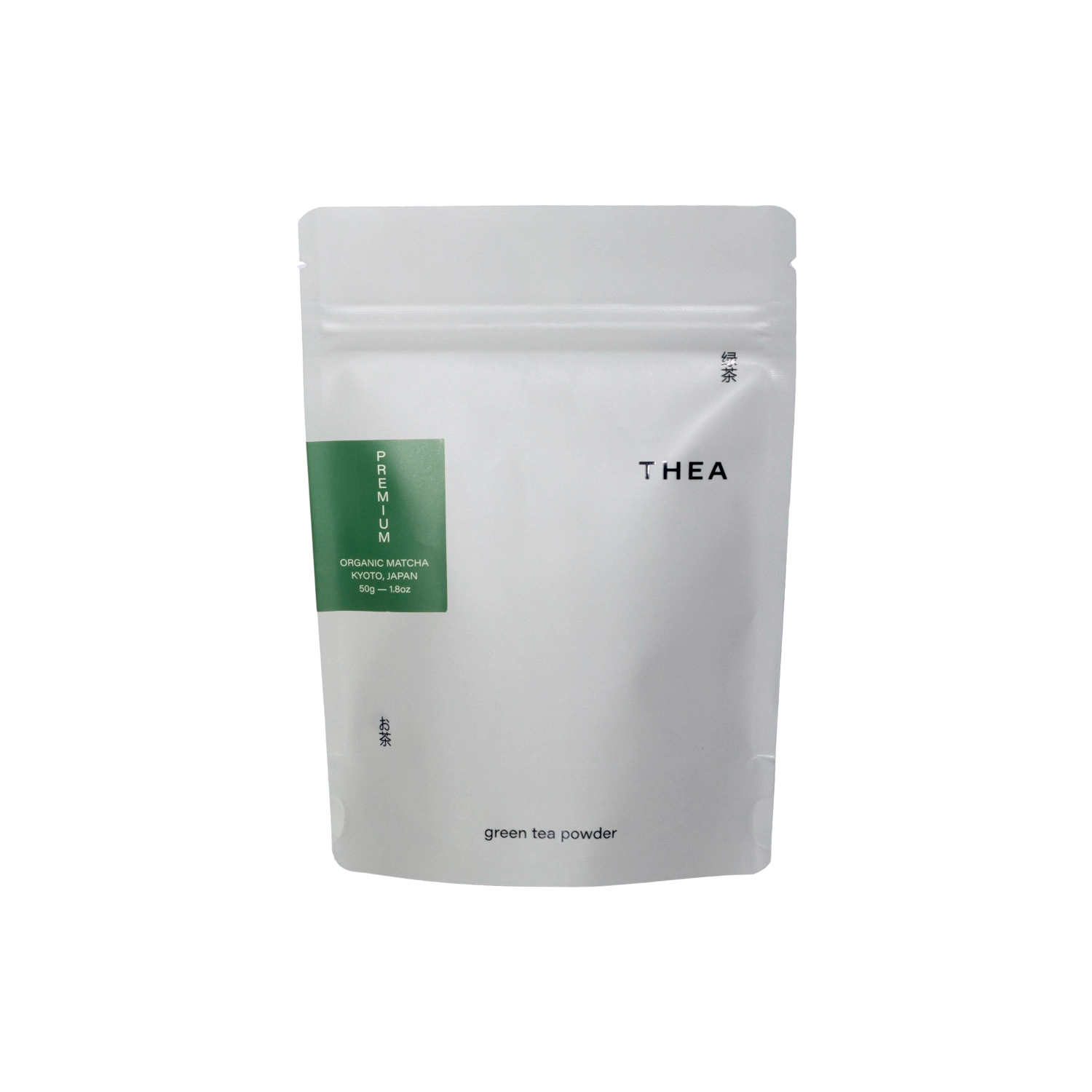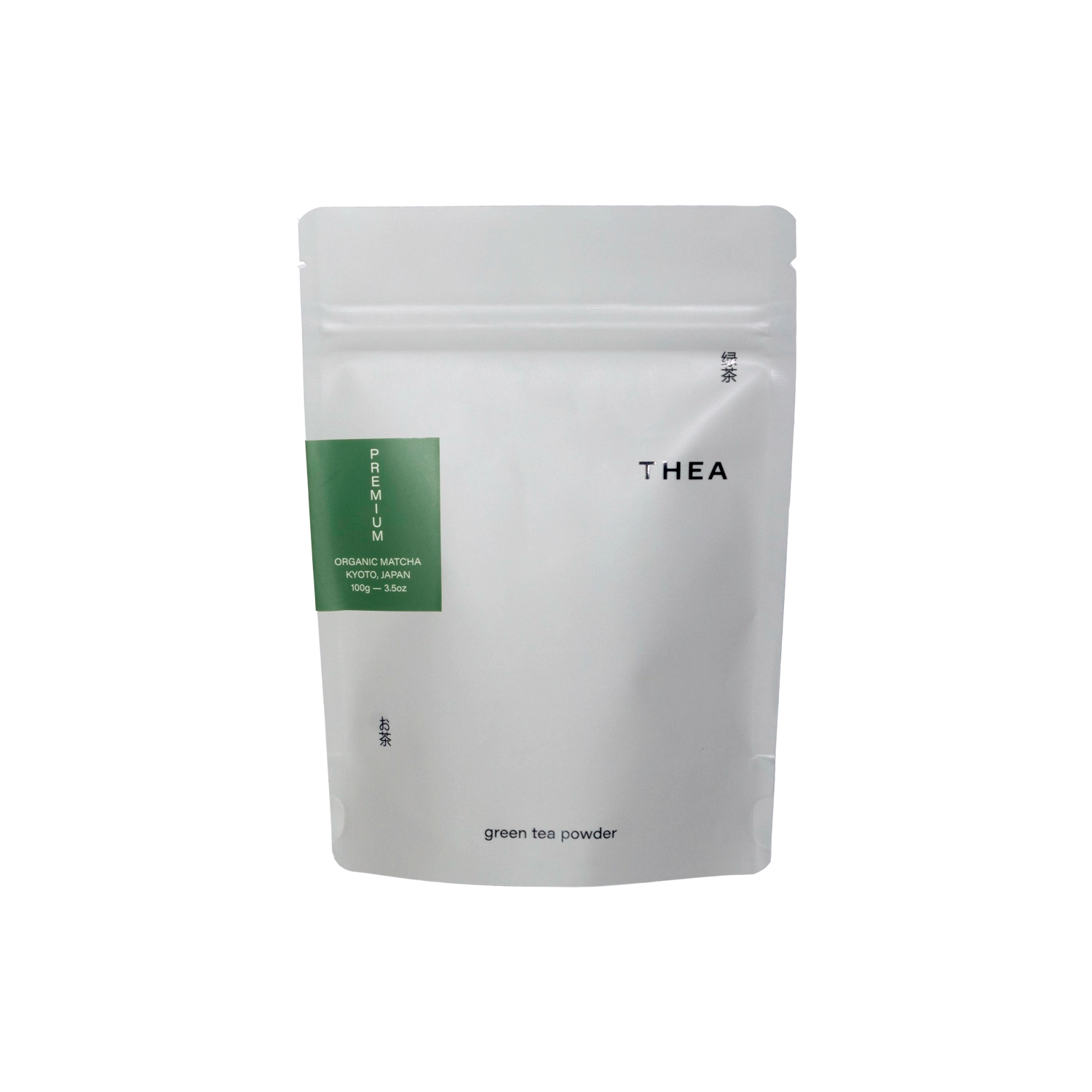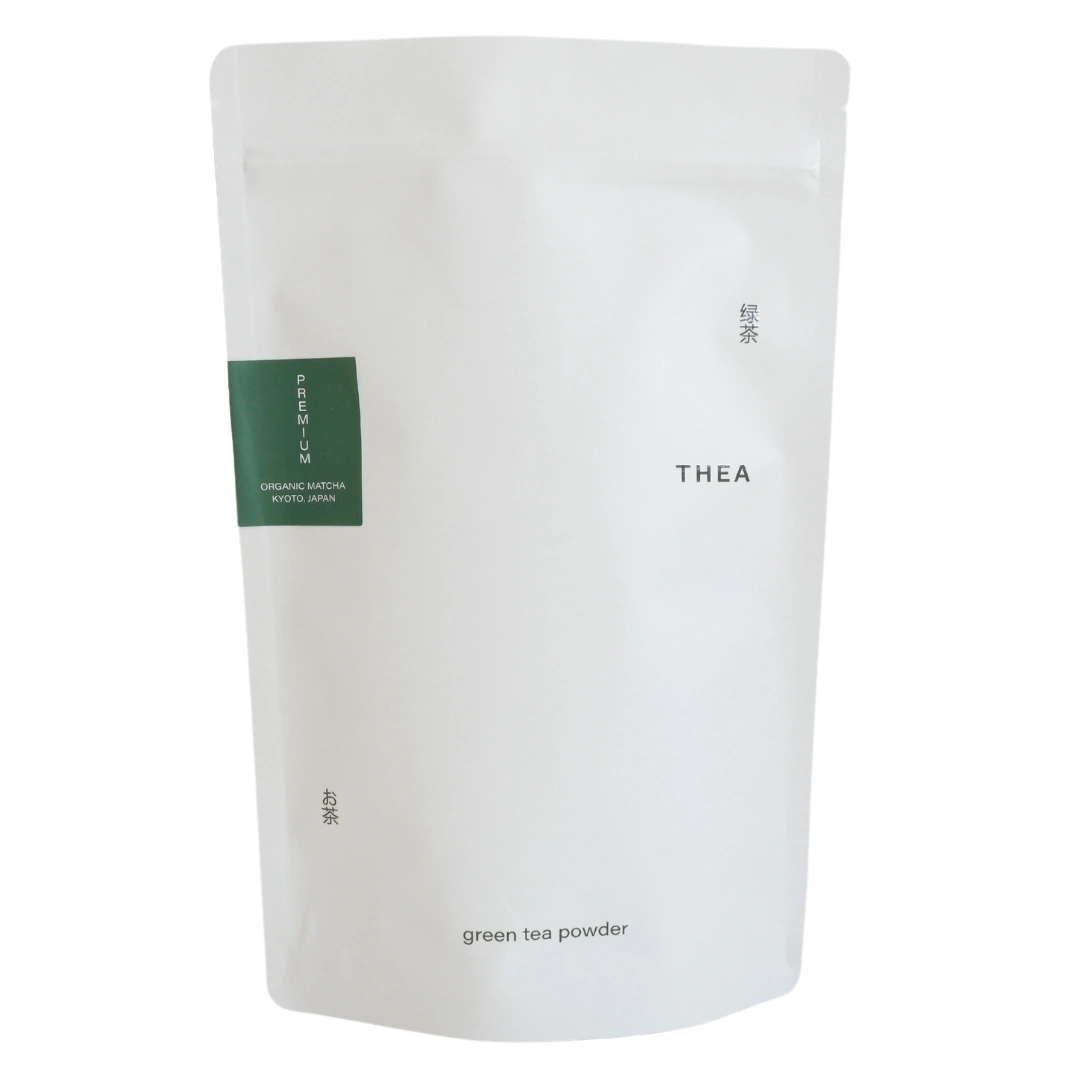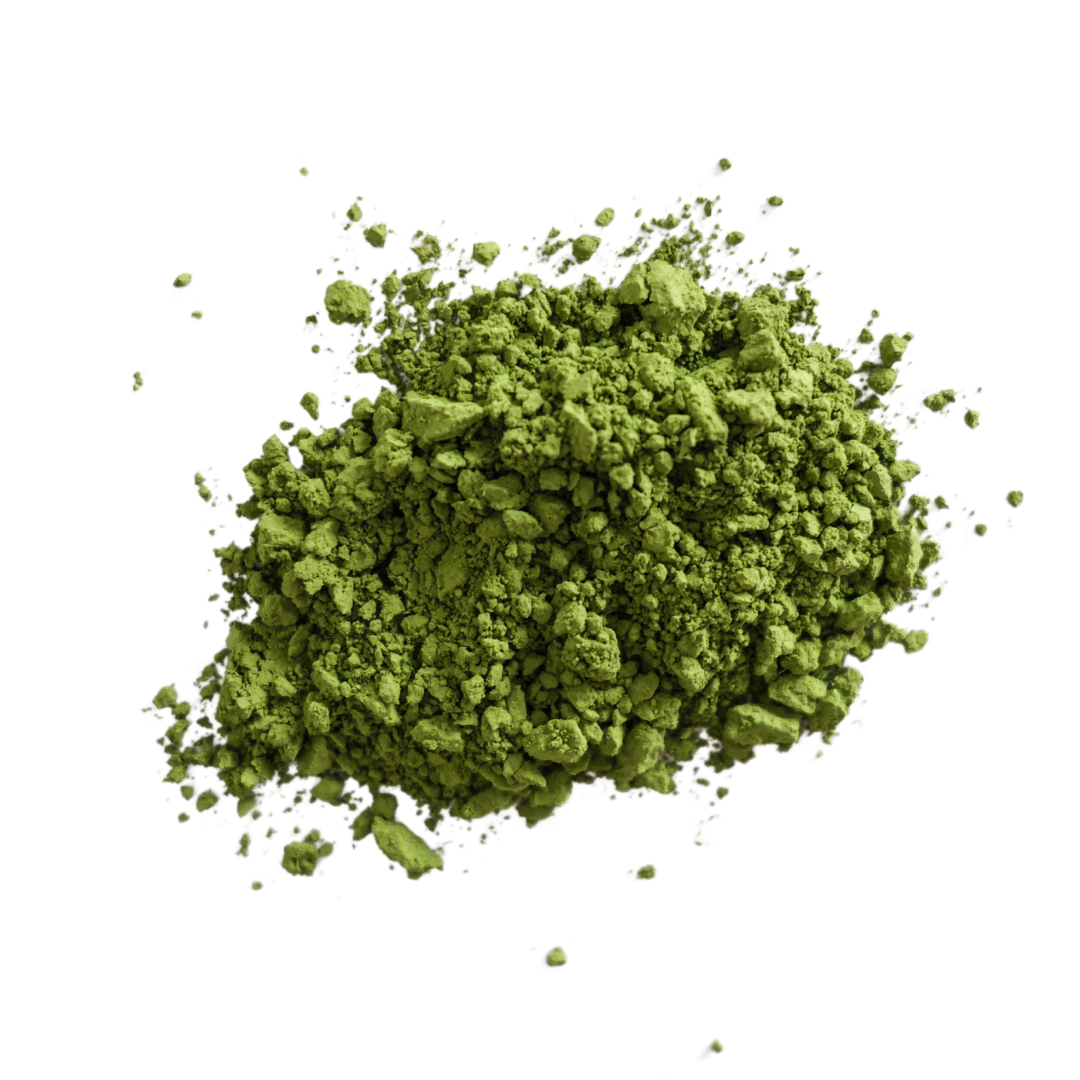You might be new to matcha, or a seasoned matcha enthusiast. There are loads of aesthetically pleasing drink videos all over TikTok and Instagram, but what milk pairs well with matcha?
So we've come up with a quick guide on what milks (including dairy!) that pair well with matcha.
OAT MILK
Made of oats and water, blended together then strained. This is fast becoming popular with non-dairy milk drinkers. It's creamier than other milks such as Almond, so it's perfect if you want that full-bodied matcha latte.

Flavour: Mild, creamy and will go with anything
Pros: Source of fibre and protein
Cons: Not gluten-free
Use in: lattes and almost anything like mashed potatoes, curries, muesli
SOY MILK
The OG non-dairy milk, made out of soybeans. It's full-bodied, so it's great in a latte but it has its own unique flavour.

Flavour: beany, creamy, slightly sweeter than other non-dairy
Pros: Source of protein. Lactose and gluten-free.
Cons: You could be consuming lots of soy in other forms
Use in: lattes and to make other foods like yoghurt, tofu, milkshakes, mayonnaise and more.
COCONUT MILK
Coconut is one of the most versatile fruits available. We harvest coconut to make milk, creams, oil, butter, water, flour, flakes, and sugar - whew! Coconut milk is basically made by grating its flesh and soaked in hot water. The cream starts to float to the top (so that becomes coconut cream), while the liquid is strained through to become coconut milk.

Flavour: sweet, nutty flavour
Pros: Creamy, a source of medium-chain triglycerides (MCTs). Lactose and gluten-free.
Cons: Can be high in calories and saturated fat
Use in: curries, lattes, desserts, soups and more
COWS MILK
We don't need any intro to cows milk. It does pair beautifully with matcha, we meant Matcha Ice Cream or Matcha White Chocolate anyone? Creamy, and froths up very well for a matcha latte.

Flavour: Slightly sweet, velvety
Pros: Great source of calcium
Cons: not suitable for the lactose intolerant and can cause inflammation internally.
Use in: pretty much anything!
OTHER MILKS TO CONSIDER
ALMOND MILK
Another popular nut milk, made by soaking almonds, blending it and then straining. It's low in calories and a great source of vitamin E.
Flavour: neutral but with a slight hint of nutty and sweetness.
Pros: Lactose-free and source of vitamin E
Cons: the centre around sustainability issues, particularly around California with drought and the bees. Not as creamy as other nut milks.
internally.
Use in: Granolas, smoothies, lattes.
CASHEW MILK
Cashews are the darling of the vegan culinary scene. It's creamy, and a bonus that it has no naturally occurring sugars. So that's great if you don't want a blood sugar spike.
Flavour: subtle nutty flavour, creamy.
Pros: Lactose-free, gluten-free
Cons: not a good source of protein, lacks nutrition if not fortified.
Use in: curries, ice cream, beverages, baked goods.
RICE MILK
Simply made from blending rice and water, then filtered out into milk. It is common to find commercial rice milk fortified with vitamins and minerals.
Flavour: light, slightly sweet flavour but watery consistency.
Pros: Least allergenic - nut, soy and dairy-free.
Cons: not creamy, so won't froth up well for a latte! No calcium or protein.
Use in: curries, ice cream, beverages, baked goods.


